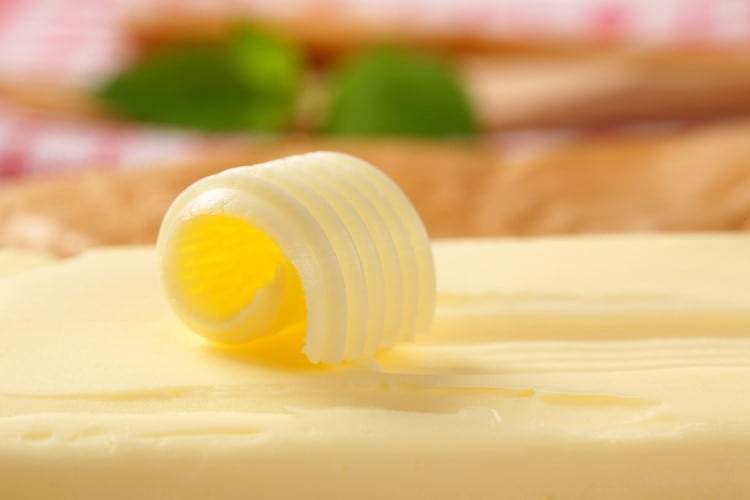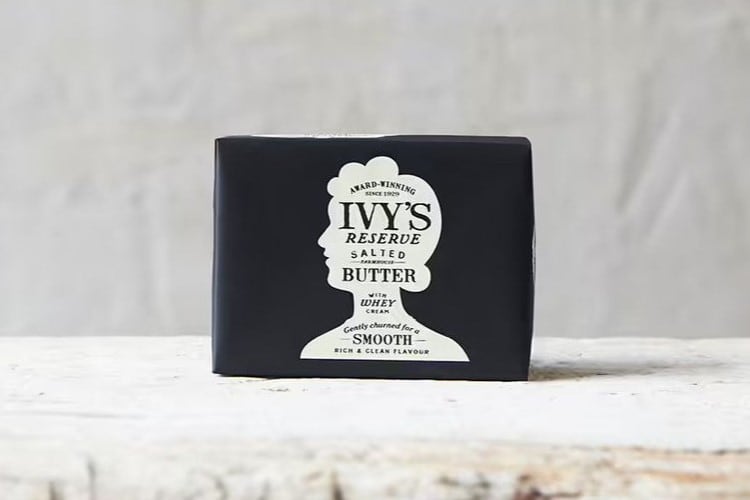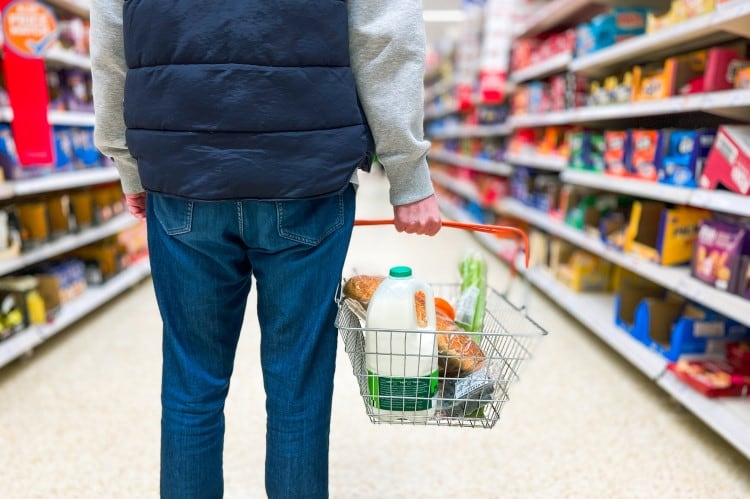Butter brands Lurpak and Anchor have caused a meltdown among some UK consumers, who discovered the butters were being sold in 200g blocks instead of 250g.
The new pack size, which started to appear on supermarket shelves in late April, represents a 20% decrease in weight, but eagle-eyed shoppers had spotted that the smaller blocks were initially being sold 'on offer' down from the price of the phased-out 250g packs. At the time of writing however, a 200g block of Lurpak Slightly Salted is being sold for between £2.00-£2.25 online by the four major British supermarkets, while the old, 250g block was typically priced at around £2.70 – a change of around 20%, in line with the pack size decrease.
Arla Foods, the dairy co-op behind Lurpak and Anchor, said the smaller pack size is an attempt to bring the branded butters to a more accessible price point. The price of butter has been susceptible to inflationary pressures over the past year, and consumers have taken notice. In 2022, UK block butter volumes declined by 5.5% while spend (22.7%) and price (29.8%) skyrocketed year on year in the UK. According to Arla Foods’ annual report, Lurpak also experienced a volume decline, mostly driven by price increases.
Asked if the co-op was risking to alienate consumers at a sensitive economic time, Danny Micklethwaite, VP marketing at Arla Foods, responded: “We recognise the inflationary cost of living pressure on consumers as they struggle to balance their household budgets, which is why we wanted to replace our 250g block butter with a 200g option, to make our branded products more affordable for shoppers.”
Micklethwaite revealed that the change was informed by consumer research. “These changes have been driven by research with over 2,500 shoppers to understand the best pack size and pricing options to introduce,” he said.
On price, the Arla executive added: “Since the introduction of a 20% smaller pack size, we have seen a proportionate reduction in unit price for shoppers.”
“There are many different factors that affect the price consumers pay in store, but pricing is set by the retailers themselves, and we work extremely closely with our retail partners to ensure we deliver tasty, quality dairy at the best possible price for both shoppers and our farmer owners.” - Danny Micklethwaite, VP marketing at Arla Foods
The 200g format is already available in several markets, such as Denmark where Arla Foods is headquartered, but the decision for the UK was ‘driven by a desire to drive continued growth within the butter category’, we were told. The co-op is hoping that the lower price point – which is now closer if not on a par with that of 250g private label butters sold at discount supermarkets – would be attractive to shoppers.
The targeted return to growth in block butter is also hoped to bring profits to farmers, who have had to contend with sliding farmgate milk prices in the past few months. “As a dairy cooperative, all profits go back to our farmer owners, and whilst Arla continues to work hard to minimise the inflationary impact for consumers, at the same time the business must ensure that our farmer owners are able maintain the supply of products into shops,” said Micklethwaite. “As such, we are working to drive continued growth within the butter category and our research showed that the introduction of a 200g block butter would encourage new shoppers into the block butter category.”



